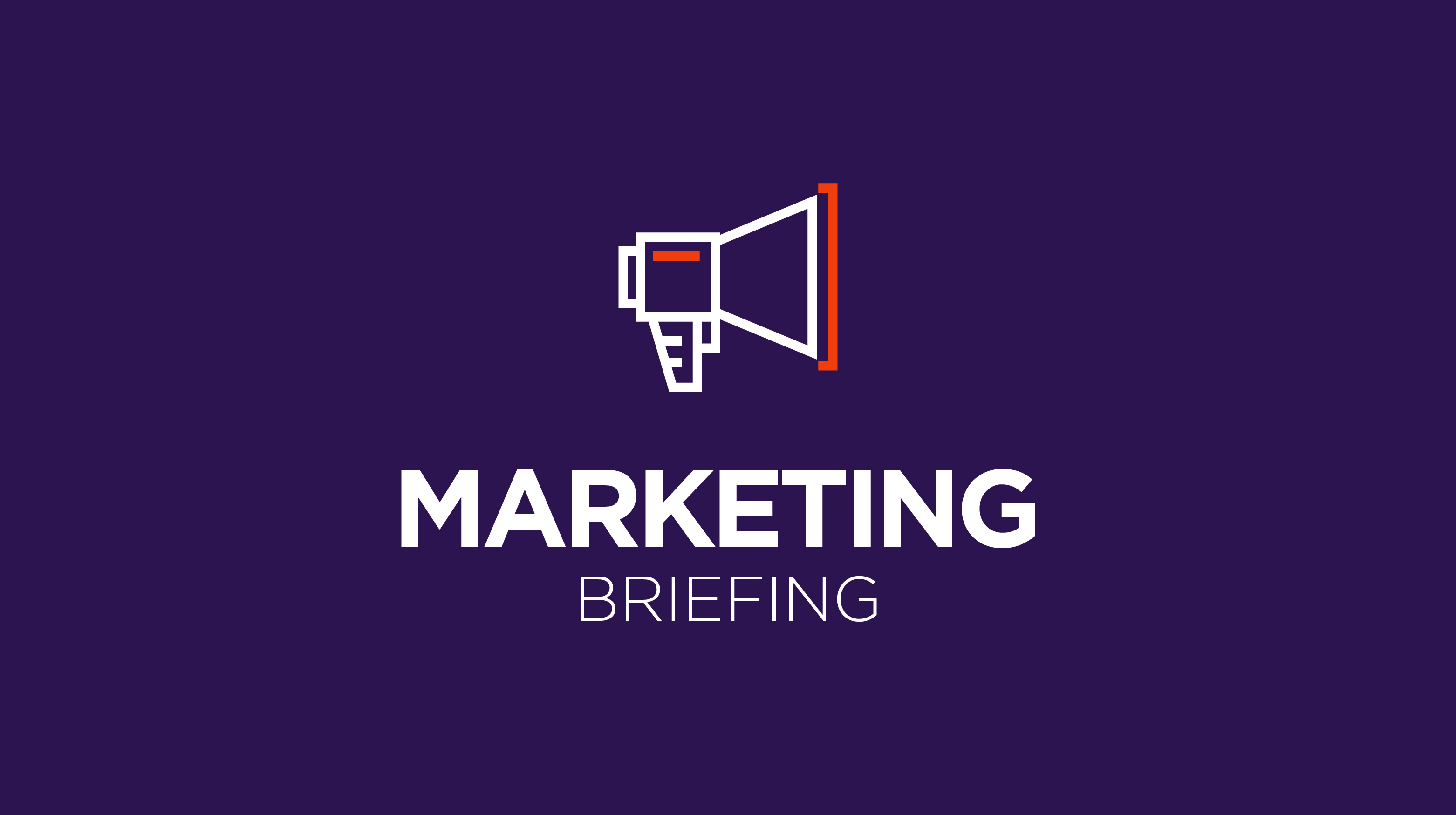Member Exclusive, Modern Marketing
Marketing Briefing: On crypto advertising in tough times
- Crypto firms' glow is turning into a shadow, which has led to lots of these companies cutting back on their glittery ads.
- But does that mean they should be cutting back on marketing altogether?








